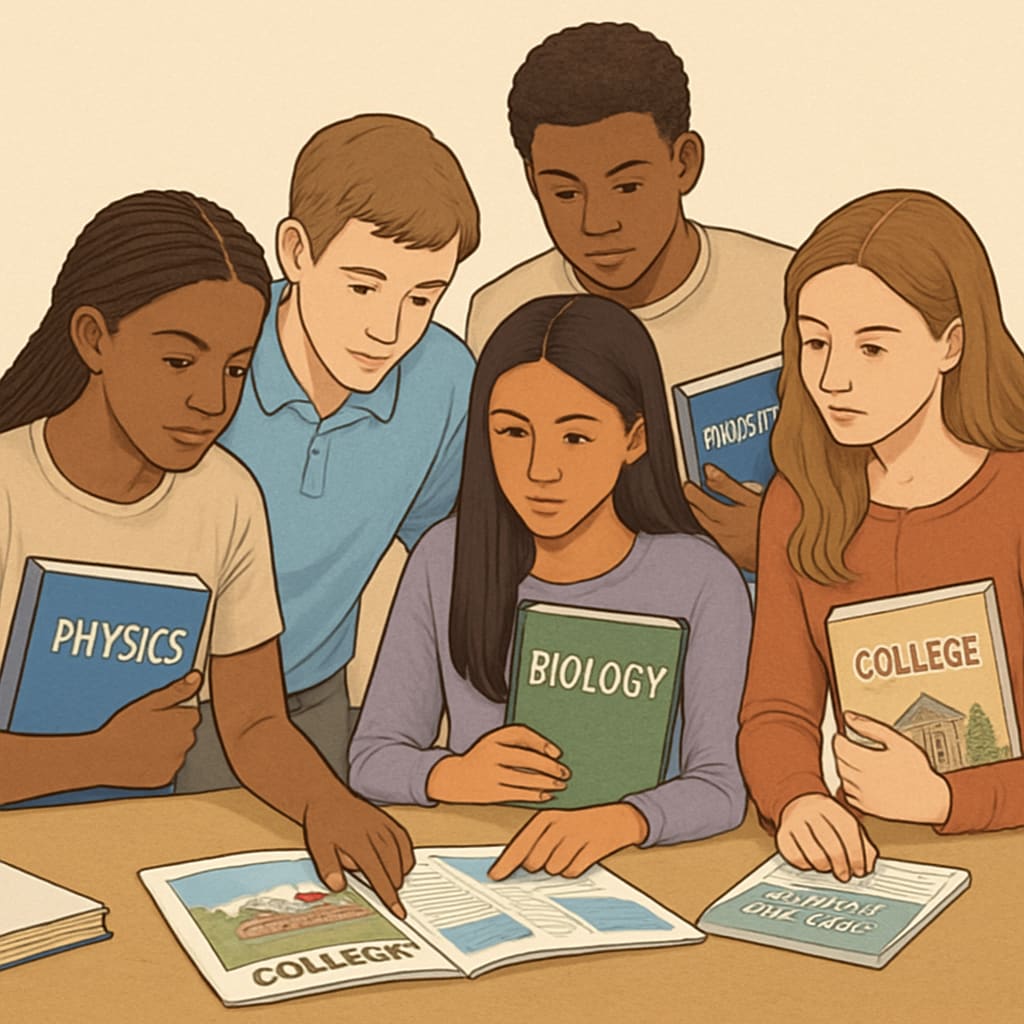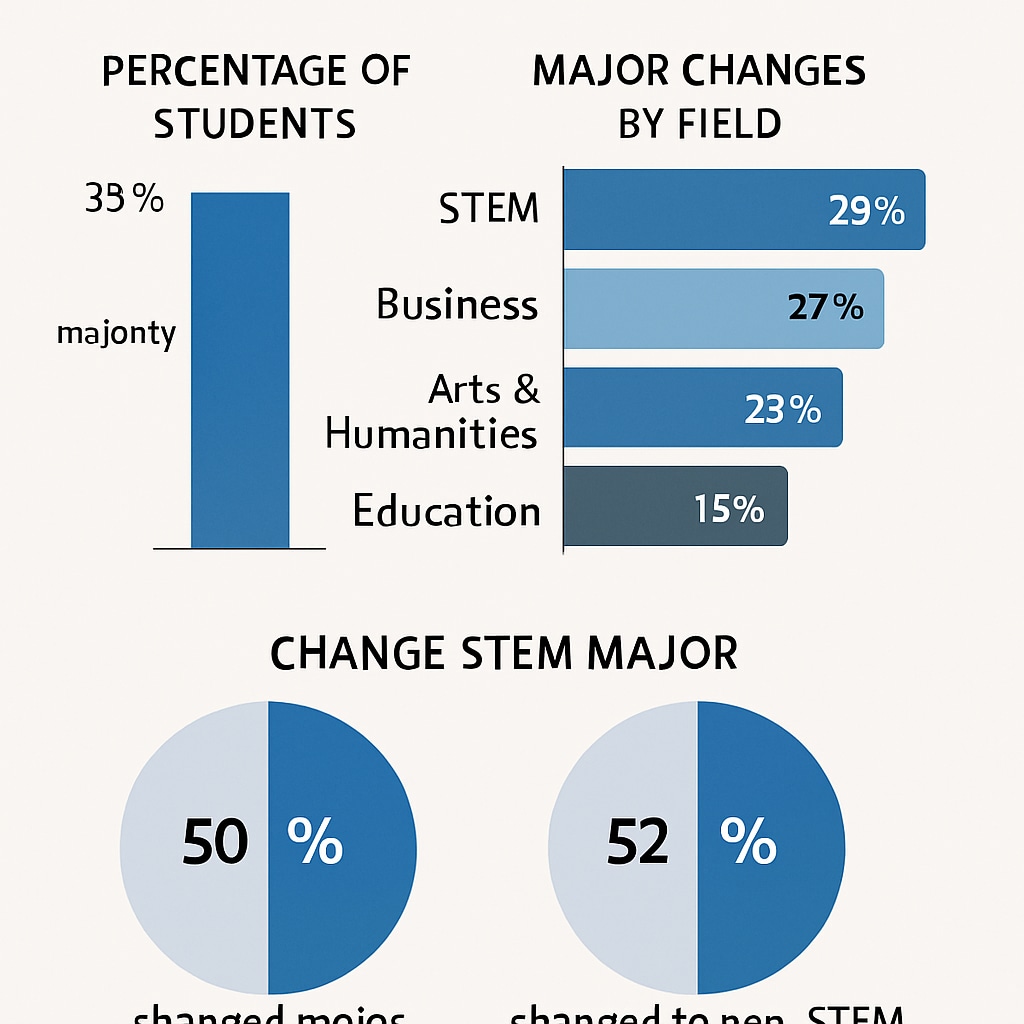Career choice, STEM fields, and psychological stress form a complex triad that challenges countless high school graduates worldwide. As students stand at this life-altering crossroads, the pressure to make “the perfect decision” can become overwhelming, particularly in high-demand STEM (Science, Technology, Engineering, and Mathematics) disciplines. According to the American Psychological Association, academic-related stress ranks among the top concerns for adolescents transitioning to higher education.
The STEM Selection Paradox: Opportunity vs. Anxiety
STEM fields offer promising career prospects, with the U.S. Bureau of Labor Statistics projecting much faster than average growth for these occupations. However, this very advantage creates unique pressures:
- The perception that STEM equals guaranteed success
- Parental and societal expectations to pursue “safe” technical careers
- Self-doubt about meeting rigorous academic demands
- Fear of making irreversible career-limiting choices

Psychological Impacts of Major Decision-Making
When facing academic pathway decisions, students commonly experience:
- Analysis paralysis: Over-researching options without reaching conclusions
- Imposter syndrome: Believing they’re not “smart enough” for STEM
- Future anxiety: Worrying about job market changes over a 4-year degree
- Social comparison: Measuring choices against peers’ decisions
These stressors often peak during application seasons, when students must declare intended majors despite limited work experience. As a result, many either delay decisions or choose based on incomplete information.
Strategies for Healthier Decision-Making
To reduce stress during this process, consider these evidence-based approaches:
- Explore before committing: Take introductory courses in multiple fields
- Separate facts from fears: Research actual employment statistics, not anecdotes
- Prioritize interests over income: Passion often leads to better performance
- Remember flexibility: Many universities allow major changes in the first year

Ultimately, career choice in STEM doesn’t require perfect certainty. By reframing the decision as an ongoing exploration rather than a final verdict, students can significantly reduce psychological stress while keeping future options open.


